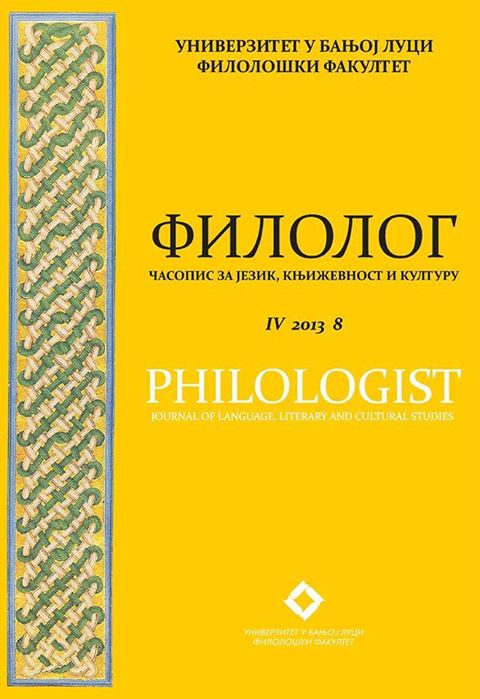Sukob kritičkih interpretacija na primeru Šekspirovog Falstafa
Conflicting Critical Intepretations of Shakespeare’s Falstaff
Author(s): Milena KostićSubject(s): Language and Literature Studies, Comparative Study of Literature, Philology, Theory of Literature, Drama, British Literature
Published by: Филолошки факултет Универзитета у Бањој Луци
Keywords: Archetypal criticism; medieval morality plays; new historicism; theory of carneval.
Summary/Abstract: Literary critics were mostly divided into two dominant, rather contrasting, interpretative fractions of Falstaff during the 20th century: on the one hand, there were critics (Bradley, Goddard) who agreed with Bloom in glorifying Falstaff as “the representative of imaginative freedom, of a liberty set against time, death, and the state, which is a condition that we crave for ourselves... the image of life itself” (Bloom 1998: 288). On the other hand, Wilson and Tillyard identified the structure of medieval morality plays in Shakespeare’s Henry IV; in the same vein, in the character of Falstaff they perceived the author’s moral condemnation of the careless life attitudes that corrupted the youth. Recent interpretations of Falstaff have not been as radical in their praise or disapproval as these two critical fractions, but are generally characterized by combining their various insights. Special attention in the paper is paid to Grenblatt’s new historicist interpretation of Falstaff as a potential subversive force in the Elizabethan system of values, as well as to the understanding of Falstaff from the point of view of the theory of carneval practiced by Bakhtin and his followers. In the light of diverse critical insights, the paper focuses on the conflict between the private and public manifested in Henry IV through prince Hal’s divided loyalty to his dominant, royal, biological father and his plebeian substitute.
Journal: Филолог – часопис за језик, књижевност и културу
- Issue Year: 2013
- Issue No: 8
- Page Range: 212-222
- Page Count: 11
- Language: Serbian

